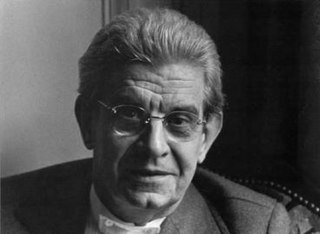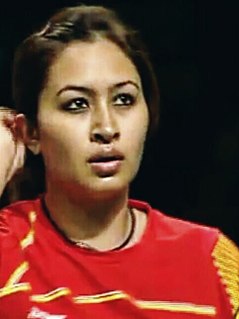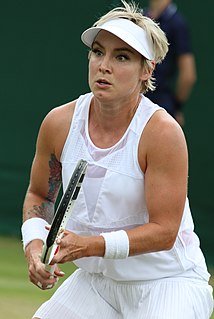A Quote by Jacques Lacan
The narration, in fact, doubles the drama with a commentary without which no mise en scene would be possible.
Related Quotes
The landscape is a reflection of the inner life. Since I can't shoot the inner life, all I can shoot is the exterior but I know that when I'm filming outside, I'm filming inside. I can only really touch the inside through the mise-en-scene. So through the mise-en-scene of the outside we can explore the inside
When I first started to do fashion shows I didn't have the budget to hire top models so I would cast women who inspired me, and ask them to walk how they walked. I was doing a mise en scène, which for me was normal. I love for people to see my clothes, but it was more about the attitude of the girls. The revues of the late 19th century/early 20th century were very much a reflection of what was happening in society and politics, and for me that is also the role of the fashion designer.
This progressive effacement of human relationships is not without certain problems for the novel. How, in point of fact, would one handle the narration of those unbridled passions, stretching over many years, and at times making their effect felt on several generations? We’re a long way from Wuthering Heights, to say the least. The novel form is not conceived for depicting indifference or nothingness; a flatter, more terse, and dreary discourse would need to be invented.




































